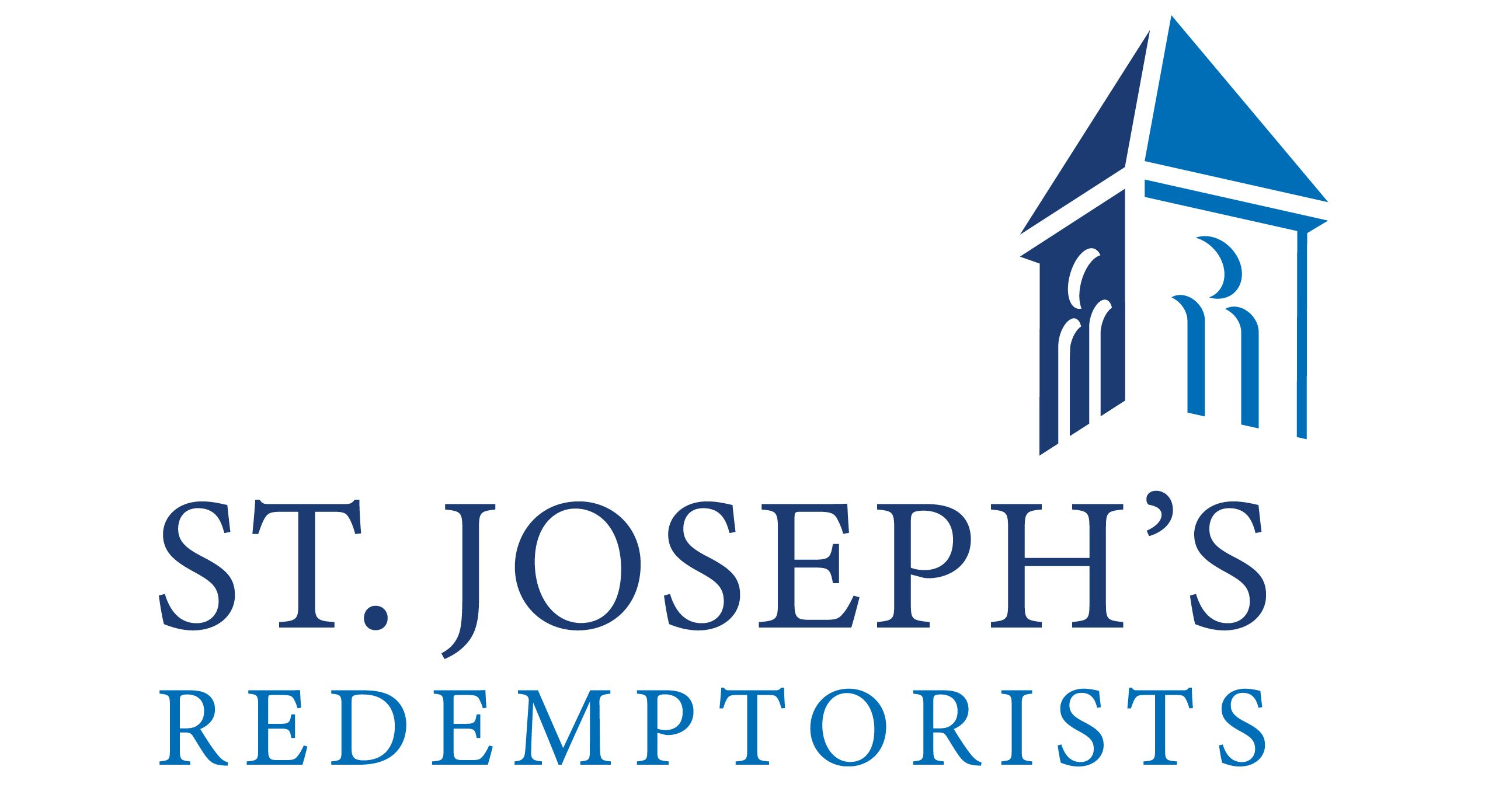A New Liturgical Year, 27 November 2016
The first Sunday of Advent marks the beginning of a new liturgical year. We embark, so to speak, on a journey. On the way we will contemplate and celebrate our salvation story.
Advent/Christmas time, Lent/Easter, and Ordinary Time are three important periods in the liturgical year.
Advent is a time of waiting, a time of joyful hope. During the early part of the Advent season the liturgy helps us to be aware of the coming of the Lord at the end of time. But surely the greater emphasis in popular devotion and practice is the recalling of the birth of Jesus and celebrating his presence in our midst at Christmas and throughout the Christmas season.
Lent is a time of prayer and penance in preparation for Holy Week and the great feast of Easter. We celebrate the grace of salvation, made possible by Jesus who lived his mission faithfully. This led him to death on the cross but he rose from the dead. The risen Lord is our Saviour.
The Easter season gives us the opportunity to celebrate the victory of the Lord over sin and death, and extends to the feast of Pentecost. On this occasion we celebrate the gift of the Holy Spirit, the one who equips us to carry out the mission which has been given to us.
Much of the year is taken up by what is called Ordinary Time, identified by many as the time green vestments are used on Sundays. The Sunday readings are chosen to help us appreciate the mission of Jesus, his teaching and how he went about his work.
During the year we will have the feast days of Mary, of St. Joseph, St. Gerard, St. Patrick and all the other saints that we normally celebrate.
The Sunday Gospel readings will be taken, for the greater part of the year, from Matthew´s Gospel. Matthew wrote his Gospel for a church in which Jewish and Gentile converts lived side by side. He was a Jew himself and was steeped in the Old Testament which he frequently quotes to show how Jesus fulfilled what the prophets had foretold.
Matthew is writing for Christians in the real world with its challenges and opportunities. The measure of their lives will be how they give witness to the justice of God through the daily service of the poor, the hungry and the outcast.
Matthew wishes to present Jesus as a teacher, like Moses, but as someone who is superior to Moses. He presents/summarizes the teaching of Jesus in five great discourses or sermons.
- The Sermon on the Mount, chapters 5-7
- The Mission Sermon, chapter 11
- The Parable Sermon, chapter 13
- The Church Sermon, chapter 18
- The Final Sermon, chapters 24-25.

 Donate
Donate Webcam
Webcam Facebook
Facebook
